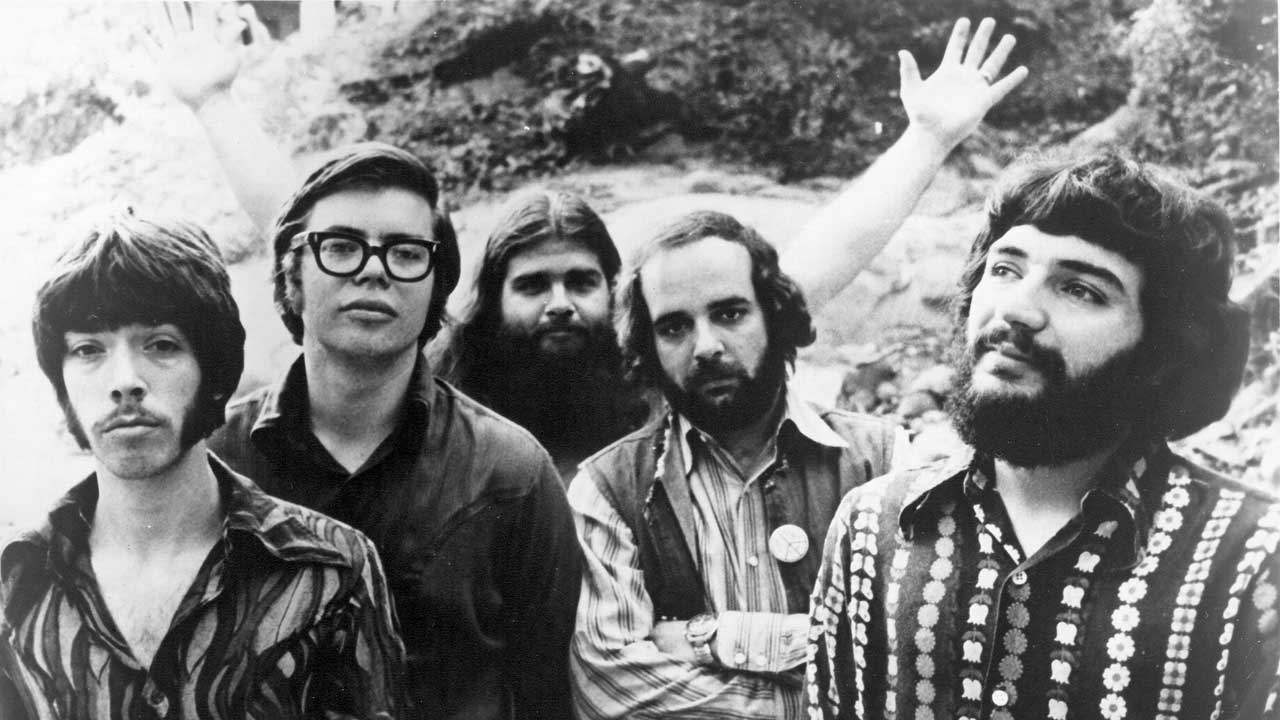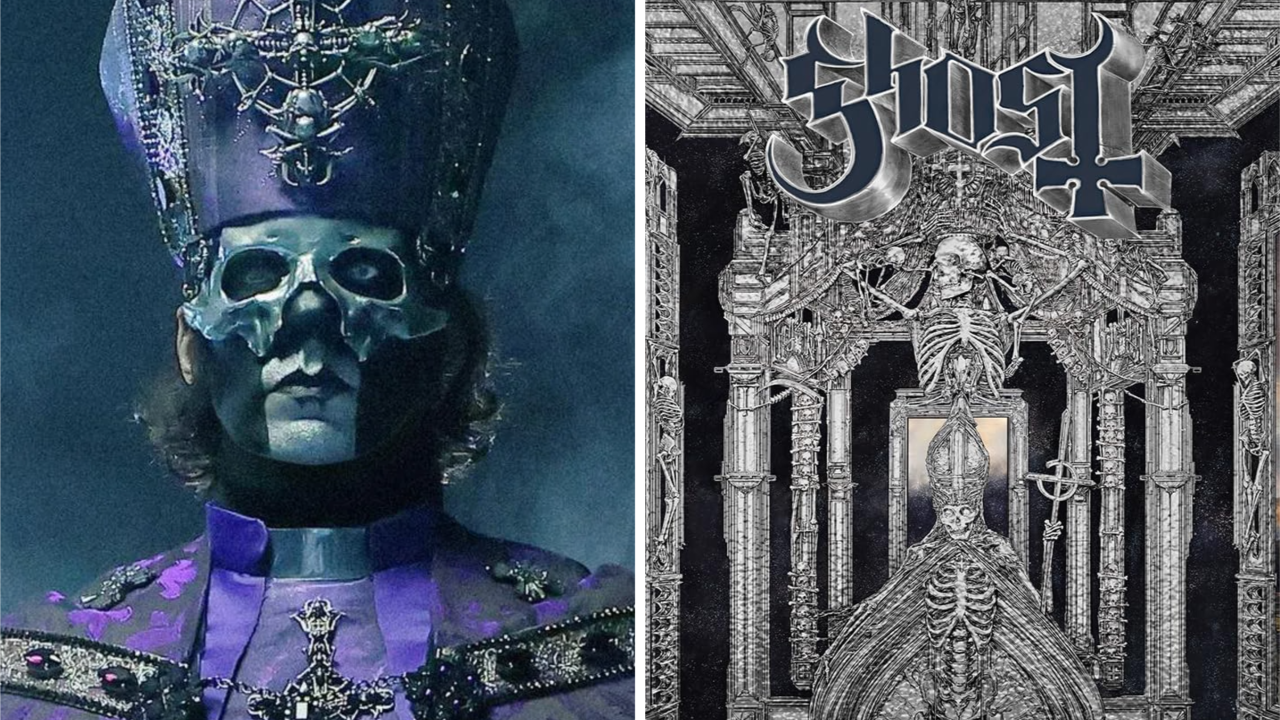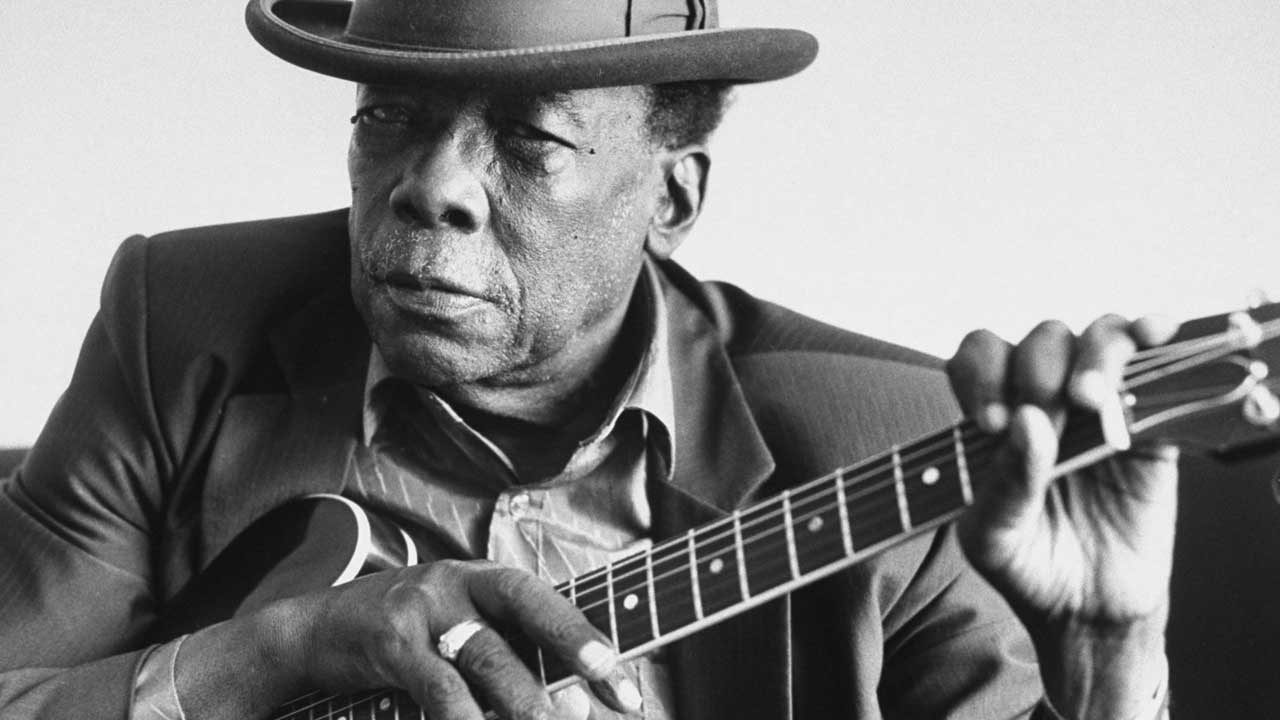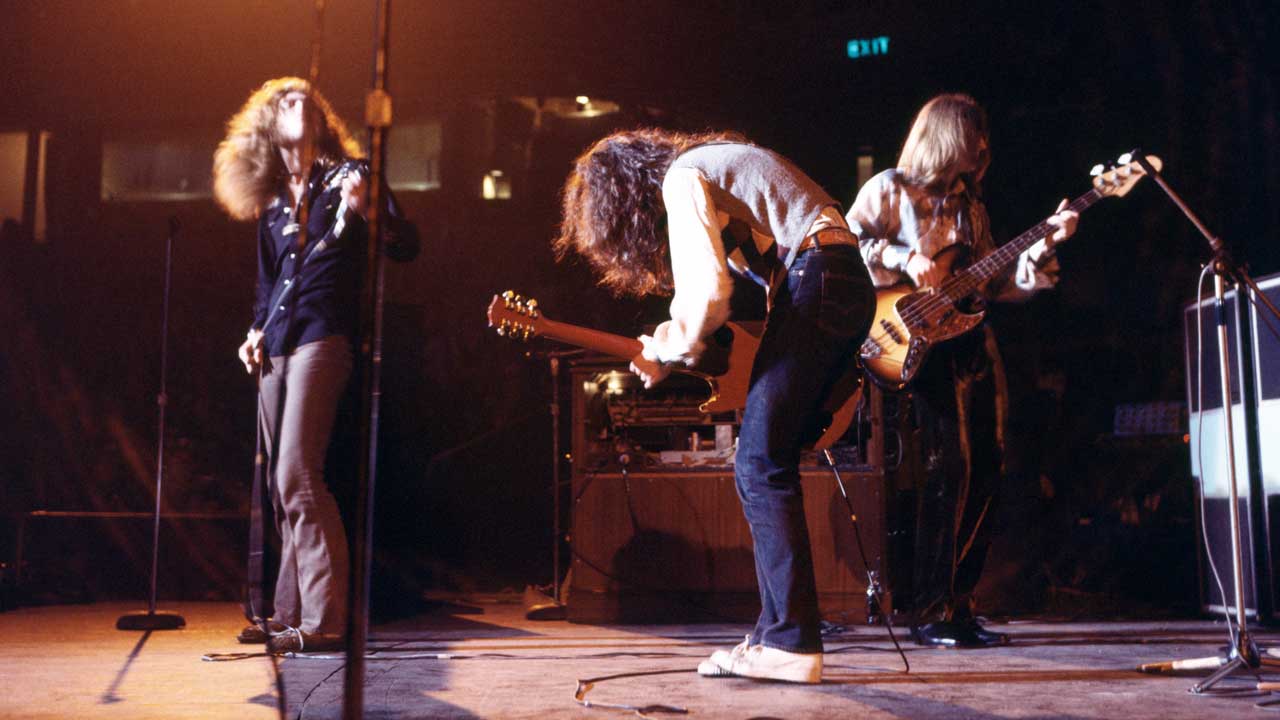From their earliest days as linchpins of the noughties emo scene to becoming one of rock's most exciting, unpredictable and experimental bands, Paramore have carved their way through an almost two-decade-long career with a vital and continually relevant catalogue of ever-evolving sounds.
Be it through their fiery, huge-chorused, pop-punk anthems about high school drama or their jazz-infused alt rock musings about the perils of living in a post-pandemic world, Paramore's trajectory never seems to lose its momentum, with each release moving forwards musically and thematically.
We might all know and love them as the emo icons of the millennium, but they've grown far beyond that title. So, with all that said, here are the ten songs that have defined their journey so far.

Pressure (All We Know Is Falling, 2005)
The track that started it all - Paramore’s debut single, Pressure, released in 2005 on All We Know Is Falling, served as the band’s elemental springboard into subsequent years swathed in angst, high school drama and box hair-dye. Whether the song was first discovered via the Sims 2 soundtrack (where it was re-recorded with its lyrics sung in the game’s own language, Simlish), or through its relatable music video about feeling begrudged by unattainable expectations, Pressure was a gateway anthem for many teens into noughties emo and, for the band themselves, a gateway anthem towards years of success. It was also written when the band were just 15/16 years old.
Misery Business (Riot!, 2007)
Club nights, sleepovers, breakup playlists...where would we be without Paramore’s definitive angry banger, Misery Business? The track is undoubtedly a scene classic, and one that helped the Tennessee rockers become pedestalled as irreplaceable champions of the emo/pop-punk genre.
The band’s first breakthrough hit on the critically acclaimed Riot! quickly evolved into the white-headed pimple on every alt adolescent’s forehead; inescapable and part of the teen experience. It even found its way onto video games such as Guitar Hero, where Hayley Williams was honoured via her own flame-haired avatar.
Controversy later surrounded the track when in 2018, fans began debating whether its lyrics - written when Williams was just 17 - were misogynistic. The song was allegedly inspired by Josh Faro’s former sex-weaponising girlfriend, with Williams’ ill-feeling cemented through its biting line “once a whore, you’re nothing more”. The singer retired the track that year, declaring that it did not reflect her current feminist beliefs, however brought it back in 2022 in a way she considered “positive”. Although it might not have aged well, 'Miz Biz' is timeless, and an essential part of the Paramore timeline.
Crushcrushcrush (Riot!, 2007)
While Hayley Williams may not be buying into the rising “rose-tinted” nostalgia for emo, third Riot! single crushcrushcrush is a reminder that the divisive era really did pump out some truly unforgettable gems. Although not quite as immortalised as Misery Business, this turbulent teen track is famed for its intensely moody verses, a corny power-pop pre-chorus (where Williams repeatedly purrs out the word ‘crush’), sprightly guitar riffs and straightforward lyrics about the dark side of fancying someone. Accompanying the track was a striking fever-dream-like music video, featuring a teenage Paramore fluttering their spiky locks around in the desert wind, under the watchful eye of some shifty-looking voyeurs.
4. Decode (2008)
For many fans, Paramore’s music and Stephanie Myers’ Twilight were equal cornerstones of mid-noughties adolescence, so it’s only fitting that the two would eventually come to cross into each other's worlds. In 2008, Paramore wrote Decode for the film adaptation of the book, inspired by how vampire/mindreader Edward Cullen (played by future Batman Robert Pattison) couldn’t read the mind of his teenage love interest Bella Swan (Kirsten Stewart), leaving him to decipher her emotions like a normal human. First only available on the author’s website, Decode became the soundtrack's lead single, and for the band, their second track to make the top 40 in the UK. Spotlighted by a spacious and towering chorus that perfectly encapsulated the supernatural romanticism of the film, Decode offered further proof that Paramore were not only a rock band to be taken seriously, but one that could survive the mainstream.
The Only Exception (Brand New Eyes, 2009)
2009’s Brand New Eyes was a turning point for the band not only as recording artists but as people. Waters between bandmates grew unsteady at this point, with rumours beginning to circulate that Paramore were going to break up, foreshadowing Josh and Zac Farro leaving the following year. An album of change and growth, the band were no longer hormonal-addled teens, but mature adults whose new emotional restraint could be found on more contemplative and complex tracks such as the acoustic-led ballad The Only Exception. It also became the album’s most successful single at the time, spotlighted by its dreamy melody and lyrics about a lovelorn cynic finally finding romance.
Ignorance (Brand New Eyes, 2009)
Much of the more “grown-up” colour on Brand New Eyes can be largely boiled down to the reportedly messy breakup between Williams and guitarist Josh Farro in 2007. Hidden turmoil between the exes finally came to blows on the rage-driven Ignorance, the first song written for the album. In later interviews, the singer noted how the track was a way of confronting certain individuals in the band who she had loved, adding “Sometimes it takes songs to get the point across…The line ‘ignorance is your new best friend’ is about how I felt I was losing people, and I think the band did too. But it’s okay, we’re growing up.”
Now (Paramore, 2013)
Paramore’s four-year restorative slumber came to an end with the eruptive Now, the debut single from their 2013 self-titled album, which offered a first taste of what new arrivals in bassist Jeremy Davis and guitarist Taylor York would bring. The result was a record infused with elements of funk rock, new wave, and flourishes of electronica, heralding a future of bountiful experimentation across multiple genres. Reportedly, the song was written about the band moving forward from Brand New Eyes without the Farro brothers. Paramore offered in a statement: “It just feels like the perfect way to start this new journey we are embarking on not only as a band but as a movement. To show people that you can lose battles but come back and win full on wars. You can rise from ashes. You can make something out of even less than nothing.”
Still Into You (Paramore, 2013)
While love-struck sappiness (or happiness) doesn’t usually take centre stage within Paramore’s songwriting, Still Into You is one of their most flowery anthems to date. Headed by frolicsome guitar riffs, toothache-inducing sugary lyrics and electronic flutterings, the track served as a surprising and almost celebratory shift in sound (and markedly more pop-driven than the album’s first single). Lifted from 2013’s self-titled album, Still Into You was the sign of a band that had moved on onto new things and new people, like an ex-lover finally finding a new and intoxicating relationship after enduring a stormy past.
Hard Times (After Laughter, 2017)
“It’s crucial for me to write as a form of therapy,” said Williams, on the release of the mental health-focused Hard Times. With York and Farro returning to fold after seven years, fifth album After Laughter could very easily have seen Paramore return to well-worn formulas. Instead, they ventured further into the unknown, documenting the emotional toll that they’ve paid throughout their journey in the form of refreshing experimental alt rock hits, spurred on by Williams’ battles with depression.
Dour it is not, however, with record opener Hard Times bouncing with a self-assured chipperness that, if not for its pessimistic lyrics about “little rain clouds”, would feel like a beatific, tropical anthem as good as any for lazing merrily in the sun. Most of After Laughter is pretty bittersweet in this way; driven by sunny licks and quirky instrumental flourishes, yet subtly shadowed by vital underlying subject matter which altogether makes for something seriously cathartic.
This Is Why (This Is Why, 2023)
Dealing with the uncertainty of living in a post-pandemic world has made for understandably popular - if sometimes monotonous - subject matter. On their sixth studio album This Is Why, Paramore present themselves as a voice within the masses that’s actually worth listening to. On This Is Why’s title-track, Williams laments over her paranoid anxieties about leaving her home, while strange guitar licks zip around in a confusing flurry. Meanwhile, spacious interludes float in and out, interweaving dream-like vocals with jazzy embellishments. Despite the vocalist’s reluctance to embark out into a world that now feels unfamiliar, Paramore’s newest offerings show a band totally unafraid to explore new musical territories; it's the furthest they’ve travelled yet.













